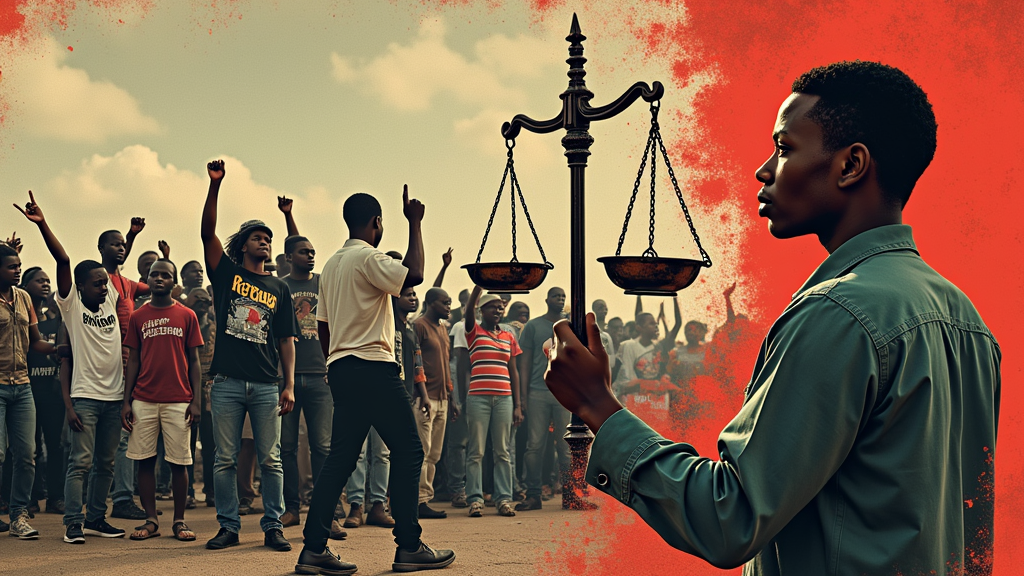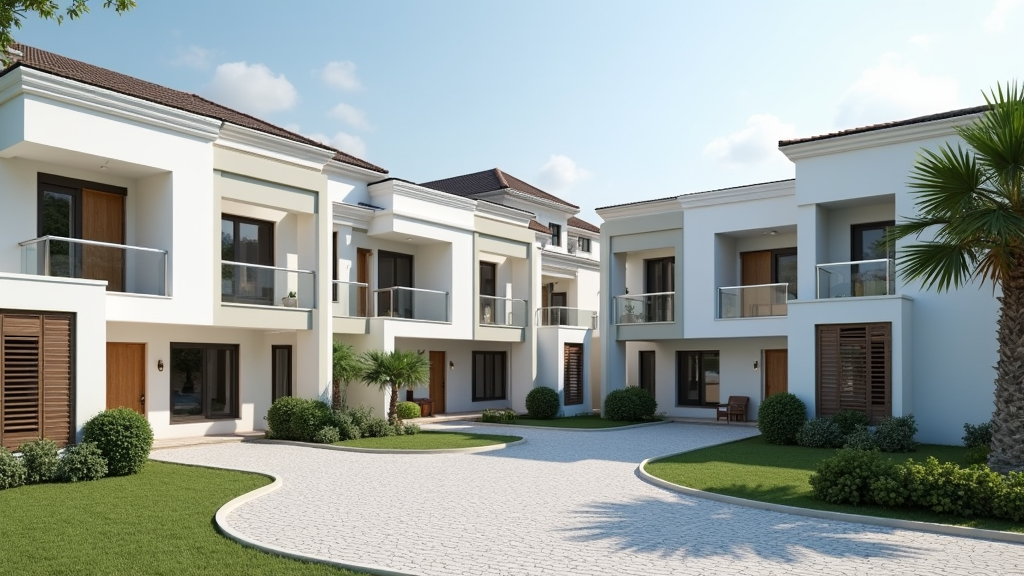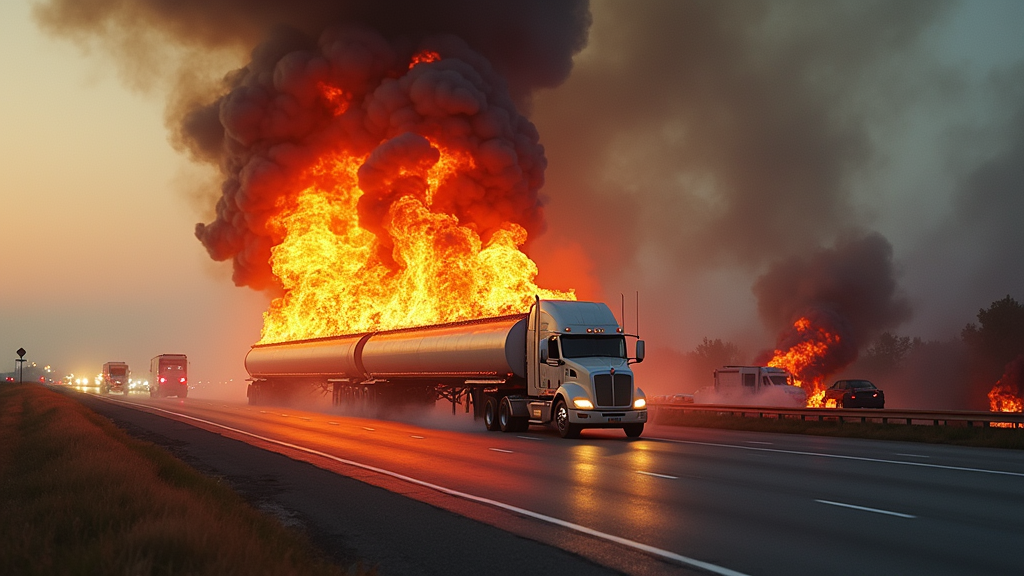Extrajudicial killings in Nigeria have emerged as a troubling phenomenon, highlighting a concerning pattern of violence that undermines human rights across the nation. Human rights abuses, particularly by state actors like the Nigerian Army, have intensified calls for accountability, as exemplified by the advocacy of activist Omoyele Sowore. He has vocally condemned the pervasive culture of mob justice, which has led to brutal acts such as the murder of Deborah Samuel, a student brutally lynched in Sokoto. As the nation grapples with rising ethnic violence and unlawful killings, the demand for justice becomes more urgent, with Sowore leading the charge for victims who have lost their lives to these heinous acts. The intersection of law enforcement and vigilante justice has sparked a national dialogue about human rights in Nigeria, igniting a critical examination of systemic failures that allow such atrocities to persist.
The alarming trend of unlawful killings without fair trials, often termed extrajudicial actions, raises significant concerns regarding human rights in Nigeria. Recent incidents, including the state-sanctioned violence against protesters and violent mob actions, reflect a deep-seated crisis in governance and law enforcement. Activist Omoyele Sowore has been at the forefront of advocating for justice, particularly following the tragic lynching of Deborah Samuel and the involvement of vigilante groups in gruesome killings. This climate of fear and violence has prompted widespread discussions about mob justice in Nigeria, wherein individuals take the law into their own hands, often leading to horrific outcomes. Addressing these issues requires urgent attention and action to ensure accountability among all parties involved, paving the way for a more just and humane society.
The Increasing Crisis of Extrajudicial Killings in Nigeria
Extrajudicial killings have been a significant issue in Nigeria, reflecting a broader crisis of violence and impunity within the country. Recently, human rights activist Omoyele Sowore has highlighted this plight, positioning it at the forefront of national discourse. Across Nigeria, individuals are often subjected to unlawful killings, with security forces implicated in various cases, leading to a growing distrust of law enforcement authorities. The urgent need for accountability has never been clearer as these cases undermine the very fabric of human rights in Nigeria.
With the rise of mob justice being reported, Nigeria is experiencing a concerning blend of vigilantism and institutional failure. Cases like the murder of Deborah Samuel illustrate the extreme manifestations of mob violence, driven by ethnic and religious tensions. Meanwhile, the Nigerian Army has faced mounting accusations of human rights abuses, particularly in its dealings with peaceful demonstrators from groups like the Islamic Movement of Nigeria. This duality of violence, both from state and non-state actors, highlights the urgent necessity for comprehensive reform and justice for victims of extrajudicial killings.
Frequently Asked Questions
What are extrajudicial killings in Nigeria?
Extrajudicial killings in Nigeria refer to killings that occur without legal proceedings, often carried out by state actors like the police or military, as well as by vigilantes. These unlawful deaths raise significant human rights concerns, particularly amid the rise of mob justice and ethnic violence.
How has Omoyele Sowore addressed issues of extrajudicial killings in Nigeria?
Omoyele Sowore, a prominent human rights activist and former presidential candidate, has vocally condemned extrajudicial killings in Nigeria. He demands accountability for acts of violence, including the vigilante killings of innocent citizens and actions by the Nigerian Army against protesters.
What incidents highlight human rights abuses related to extrajudicial killings in Nigeria?
Incidents like the murder of Deborah Samuel in Sokoto, who was lynched over allegations of blasphemy, and the killings of innocent individuals in Edo State by vigilantes are stark examples of human rights abuses linked to extrajudicial killings in Nigeria.
What role does mob justice play in the context of extrajudicial killings in Nigeria?
Mob justice in Nigeria often leads to extrajudicial killings, where groups take the law into their own hands, resulting in violent and unlawful deaths without due process. This contributes to a culture of violence and undermines efforts for lawful justice.
How can the Nigerian Army’s actions be connected to extrajudicial killings?
The Nigerian Army has been accused of extrajudicial killings, particularly in its handling of protests by groups like the Islamic Movement of Nigeria. Reports suggest that the military has used lethal force in suppressing demonstrations, raising serious human rights concerns.
What impact do extrajudicial killings have on human rights in Nigeria?
Extrajudicial killings severely impact human rights in Nigeria by fostering a climate of fear, violating the right to life, and eroding trust in law enforcement and judicial systems. This cycle of violence undermines efforts to uphold human rights and protect citizens.
What demands has Omoyele Sowore made regarding extrajudicial killings and justice?
Omoyele Sowore has called for immediate justice for victims of extrajudicial killings across Nigeria. He emphasizes that perpetrators of such acts, whether from state or non-state actors, must be held accountable to prevent further human rights violations.
What are the recent developments regarding extrajudicial killings in Nigeria?
Recent developments include heightened public outrage over incidents like the murder of Deborah Samuel and ongoing calls for justice from activists like Omoyele Sowore. There is an increasing demand for accountability from government forces and vigilantes involved in extrajudicial killings.
| Key Point | Details |
|---|---|
| Call for Justice | Omoyele Sowore demands accountability for victims of extrajudicial killings across Nigeria. |
| Recent Cases | Deborah Samuel was lynched by extremists, while vigilantes killed innocent northerners in Edo. |
| Condemnation of Violent Actions | Sowore condemns the killings by extremists, vigilantes, and the Nigerian Army for alleged extrajudicial actions. |
| Human Rights Issues | Rising cases of mob justice and ethnic violence highlight the urgent need for reform in Nigeria’s security approach. |
Summary
Extrajudicial killings in Nigeria are a profound concern, as highlighted by Omoyele Sowore’s recent demand for justice for victims. The alarming increase in mob justice, ethnic violence, and unchecked actions by security forces calls for immediate government accountability and reform. Cases such as the brutal murder of Deborah Samuel and the killings of northerners in Edo illustrate the urgent need for action against human rights violations. Sowore’s unwavering stance emphasizes the necessity for all perpetrators to be held accountable, signaling a critical moment for Nigeria to address these injustices and restore faith in its justice system.


